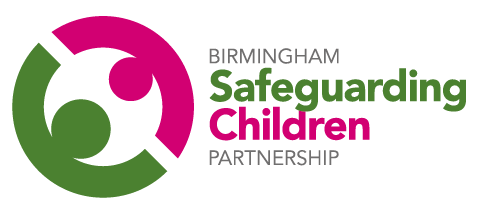z. Graded Care Profile 2 (GCP2) Training for Practitioners
Date & Time:
Tell me about future dates of this event
Venue:
Detail:
Pre-training requirements
Delegates will need to have a basic understanding of safeguarding and childhood neglect prior to attending training. More information about neglect can be found on the BSCP website https://lscpbirmingham.org.uk/learning-zone/learning-resources/neglect-and-gcp2
Delegates are requested to watch a short video about prior to attending training. The video features Kerry Littleford talking about her experience of growing up in Birmingham and will help delegates think about the impact of neglect on children. The link to the video is https://vimeo.com/779565504/7afd02781d
Delegates are advised to identify a family who they plan to complete a GCP2 assessment with prior to attending training. The Neglect Screening Tool can be used to support with this.
Delegates must download the course resources and print (or be able to access via a device if preferred for online training) for use on the training day. The resources are licensed so must not be shared with anyone who has not completed GCP2 training.
Post-training requirements
Following the one-day GCP2 training, frontline practitioners are expected to start using the GCP2 tool with their identified family in the community. Ongoing support will be available.
If you have any queries about this training, please email: GCP2@birminghamchildrenstrust.co.uk
Course Aim
Completion of the course will enable practitioners to be licensed to use the NSPCC Graded Care Profile 2 (GCP2) as part of their practice with children and families.
Target Group
Professionals and volunteers from all agencies working with children, young people, and their families. To include (but not limited to) Health professionals, Education staff, Social Workers, Family Support Workers and Early Years workers.
Learning Objectives
To be able to measure the quality of care being provided to the children you work with
To be able to identify where a child is experiencing, or at risk of, neglect.
To plan targeted interventions where families need extra support, and the level of care needs to be improved.
